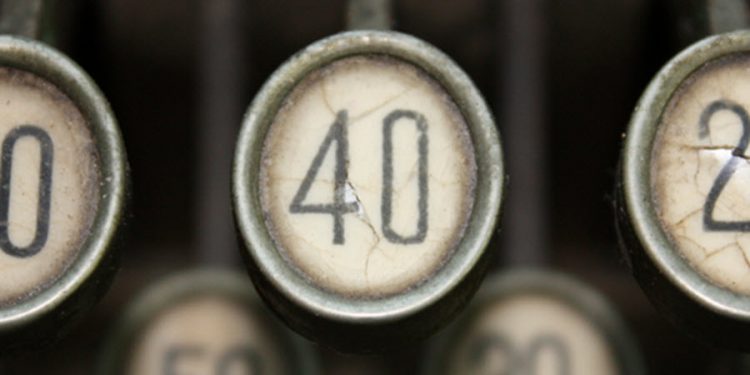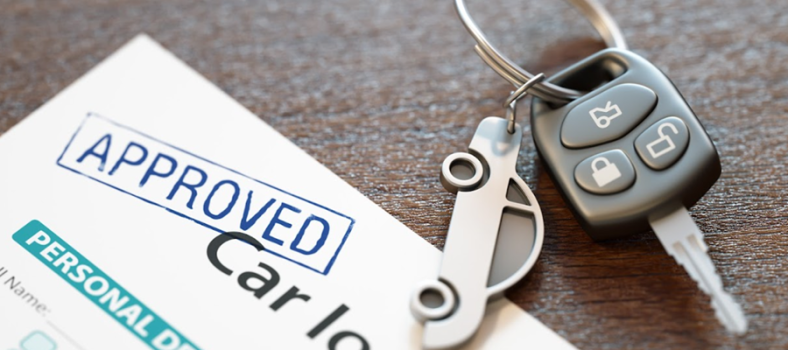3 Things You Should Do About your Finances in your 30s Before Turning 40
Your 30s is an important phase in life where you set the pace for what might be regarded as the second half of your life before you retire from working. Many people put their retirement plan on autopilot by just going with the flow instead taking charge of their finances. Some other folks hold off planning for retirement until they are a few years away from retirement. This piece however provides three practical insights on proactive steps you can take in your 30s so that you are you not under pressure to prepare for retirement in your 40s.
- Create a budget and use it
In your 20s, you probably subscribed to the You Only Live Once philosophy in which you live for each day without much thought for the future. You’ll probably have lots of partying, shindigs, and shenanigans to recall even though the size of bank account might not match the depth of your experiences. However, you might want to consider slowing down a bit in your 30s at least on how you spend money. If you’ve not been using a budget before, you should start taking steps to become more financially disciplined.
In creating your budget, you should try to adopt the 50/30/20 rule in allocating funds for your expenses. 50% of your income should go to your needs (not wants). Needs include housing, groceries, and transportation. 30% of your earnings should to go to your wants (some of the habits picked up in your 20s). Wants include shopping, entertainment, and fine dining. 20% of your earnings should go towards savings and paying down your debt.
- Fund an emergency savings account
An emergency savings account is important to your financial security because it acts as a cushion to meet some of life’s unexpected expenses. In your 20s, you probably didn’t have any dependants and you can afford to survive on instant ramen for two weeks when you are broke. However, you’ll need to save up money to cover unexpected expenses so that you don’t end up being stranded financially or in debt. Unexpected expenses are usually events for which you don’t have insurance coverage such as a failed transmission in your car, a broken faucet, or a damaged HVAC system in your home.
Norma Rivera, an analyst at SNP notes that “many Australians have savings but such savings are usually targeted at specific goals such as a down payment, college tuition, or retirement”. An emergency savings fund is different from your regular savings. An emergency savings fund helps you cover the cost of unexpected expenses that might derail your original saving goals or lead you to take on more debt. When creating an emergency savings fund, you should try to save up enough money to cover at least six months of your net income or six months of your living expenses.
- Invest in your future
Most Australians will retire with savings thanks to the government’s insistence on participation in the compulsory superannuation system. However, for some people, super and the age pension may not be enough at retirement. Knowing how much money you’ll need to be financially secure in retirement is the first step towards making the right plan. You may want to take some time to think about the sort of life you want to live in retirement as well as the cost future of medical needs that you may have.
Now that you are moving rapidly in your career during your 30s, you should start contributing aggressively towards your retirement account. Ideally, by the time you clock 40, your retirement account should be two times your salary. You should also invest in yourself through continuing education classes so that you can ease into starting your business or consultancy when you retire.






No Comment